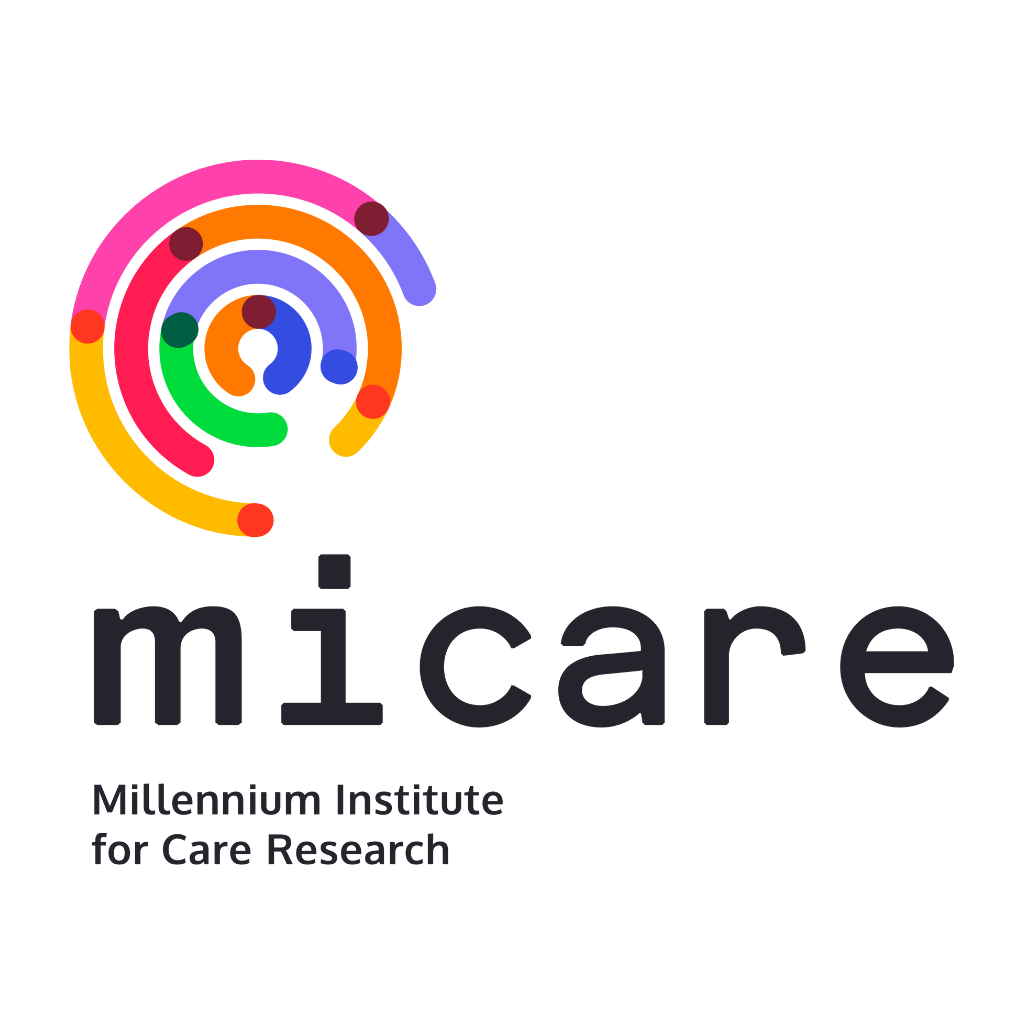Article published by Vanessa Vega, Isazkun Álvarez-Aguado, Félix González, Herbert Spencer, Marcela Jarpa and Katherine Exss.
This research analyzes, through a case study, the meanings that an advisory group made up of eight adults with intellectual disabilities have about the concept of independent living in the Chilean context. For data collection, a semi-structured group interview was designed, accompanied by moodboards that facilitated the verbalization of the responses. An analysis of thematic content was carried out on the stories obtained from the interviews.
The results indicate that paid work and the establishment of solid affective networks are fundamental pillars of independence. Meanwhile, the difficulty to become financially independent or the lack of accessibility in the work environment are the main barriers to achieving this right. Likewise, partner and friendship relationships play a great role in personal empowerment.
Main findings:
These results suggest some orientations for the planning of interventions on this construct, which should seek the acquisition of skills that strengthen the self-care capacity of this group, promote the increase of opportunities for making significant choices in the workplace, personal and community, and adapt to the spaces in which people with intellectual disabilities develop in adulthood.

